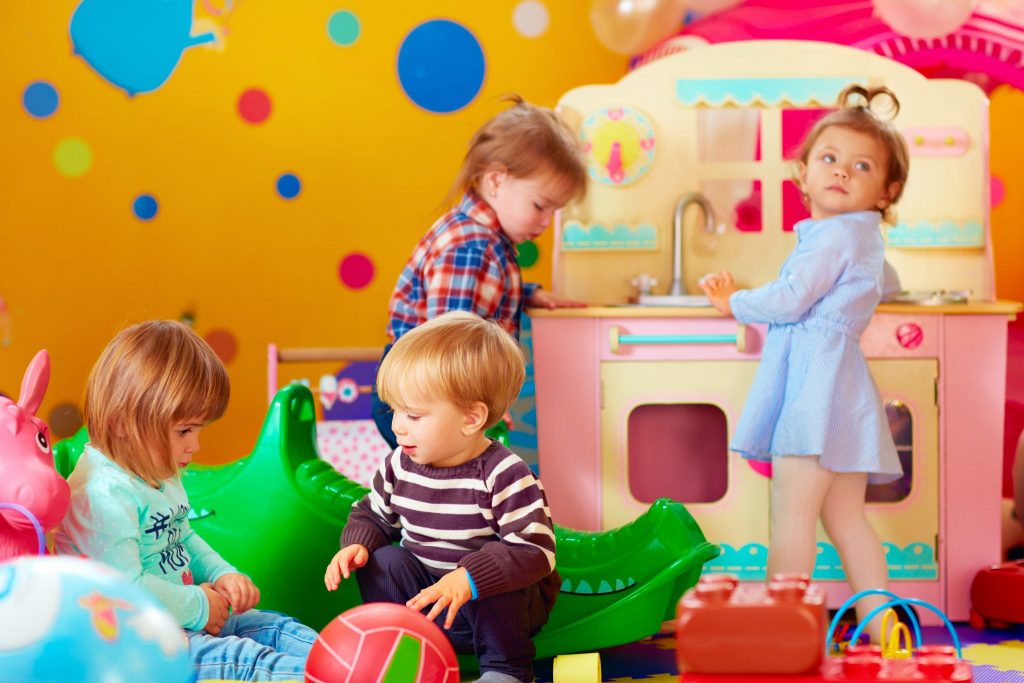It is assumed that children spend most of their childhood time playing. In fact, playing is a specific human activity we start to practice at our earliest age. However, as children are growing, parents’ expectations to replace playing with others, “useful” activities become more distinct. When do adults forget how wonderful it is to play? Why do we suddenly start to consider playing as wasting of time? Is that really true?
Surprisingly, the play has far greater importance for human behaviour experts than for parents. First of all, it is not an activity reserved for children only! Depending on the age, its role is different, but in any case, it is significant. Also, it is not in conflict with the “serious” behaviour of people. And finally, the play is much more than just a game. It has a tremendous impact on the psychophysical development of a person.
From the earliest age, play helps us become conscious of ourselves, our environment and other people in it. While playing we also develop our moto skills, gestures, speech. It helps us exhibit our talents. By playing we slowly begin to learn about the society in which we live and the interpersonal relations in it. Its great advantage is the freedom given to children – there is no limit when it comes to trying different roles! This is an excellent stimulus to the free manifestation of desire, aspirations and emotions. Play in its own way is the preparation of a child for the roles that they will later take in society, but this is only a small fraction of its function. By playing, the child does not only perform a mere impersonation of adults and trying out different roles but also creates their own personalities!

Lev Vygotsky, a prominent psychologist in the field of developmental psychology, claimed that development is not something that happens to us, but something that we create ourselves. At the same time, he emphasized that development is a social and cultural activity in which we participate together with others. The theory of Vygotsky allows us to see the enormous significance that the environment and the experience that the child is experiencing have. In addition, his view of the play can help us recognize its stages. If you thought this activity was simple, you are mistaken! Namely, children first practice free play in which they create different imaginary situations and only later start playing with rules besides imagining the situation. Interestingly, as adults, we prefer to play along with the rules leaving the imagination back in our childhood. But imagination itself is very important! When a child tries to be someone else, or something other than what they really are, it develops. Vygotsky called this a zone of proximal development because the child’s behaviour is “above” his usual behaviour.
Many experts advocate that playing should take a more significant role in the education system and lead us side-by-side with common ways of learning in our development. Happymamma knows how important playing is. Therefore, we made an effort to make the world richer for another game that will help children recognize and understand their feelings! Check it out how we met the world of emotions in an interesting way.




